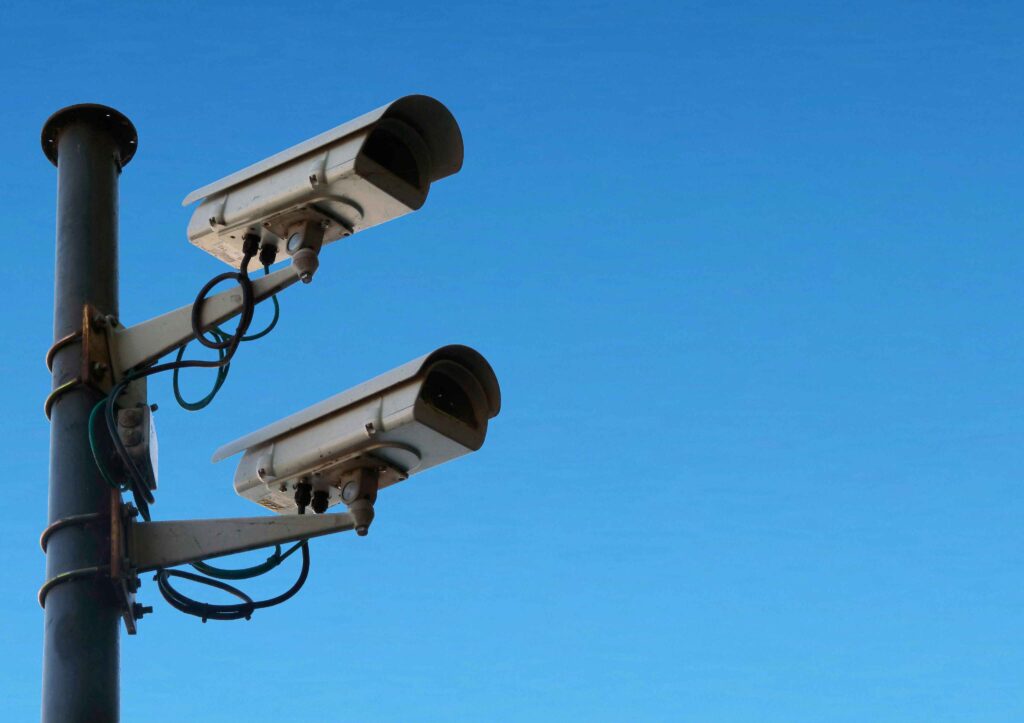Understanding the NDAA
The National Defense Authorization Act (NDAA) includes regulations that prohibit U.S. government agencies — and those working with them — from using surveillance equipment made by certain restricted manufacturers.
In short, NDAA compliance means a security camera or NVR does not use components from banned suppliers and is safe for use in government, defense, and public sector environments.
If your business works with public institutions or simply wants higher-assurance, regulation-ready equipment, NDAA-compliant products are the smart choice.

who is it for

- 🏗️ Defense Contractors
- 🏛️ U.S. Government Agencies
- 🏥 Hospitals and Healthcare Facilities
- 🏫 Schools, Colleges, and Universities
- 🏢 Large Enterprises with IT Security Policies
- 🔐 Any business looking for safer, vetted surveillance systems
Our Products
All products in this collection meet NDAA compliance requirements and are vetted by our team for performance, compatibility, and government-readiness.
Frequently asked questions
What is NDAA compliance in simple terms?
What does it mean when a product is “NDAA Compliant”?
Do you offer installation?
Is NDAA compliance required for private businesses or just government agencies?
How can I tell if a camera or NVR is NDAA compliant?
Which manufacturers are banned under the NDAA?
Can I still use non-compliant equipment if I’m not working with the government?
Do all Montavue and Uniview products meet NDAA requirements?






